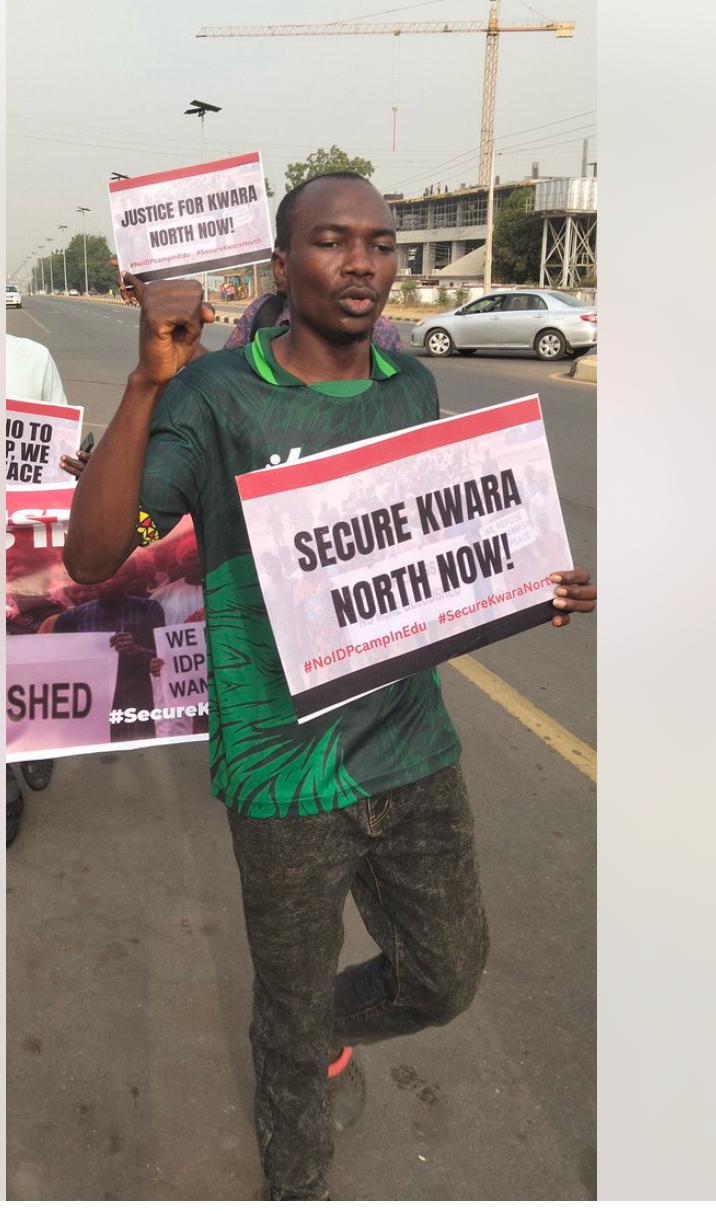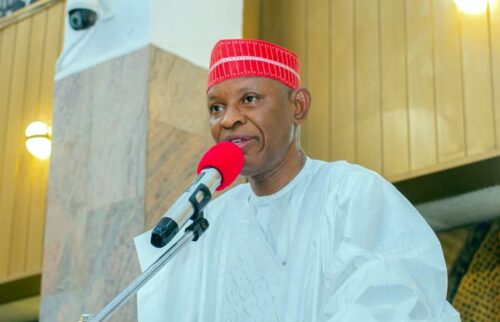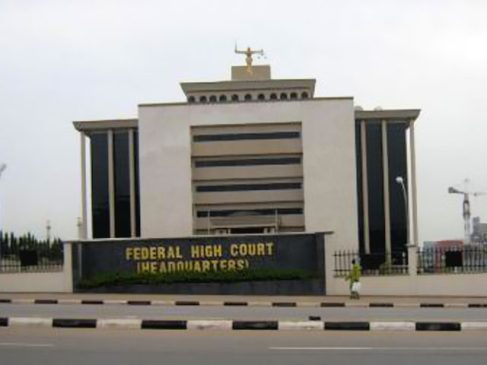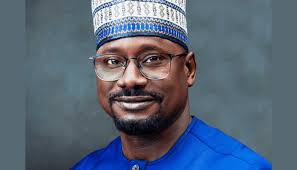Decades after, high-profile murders unresolved
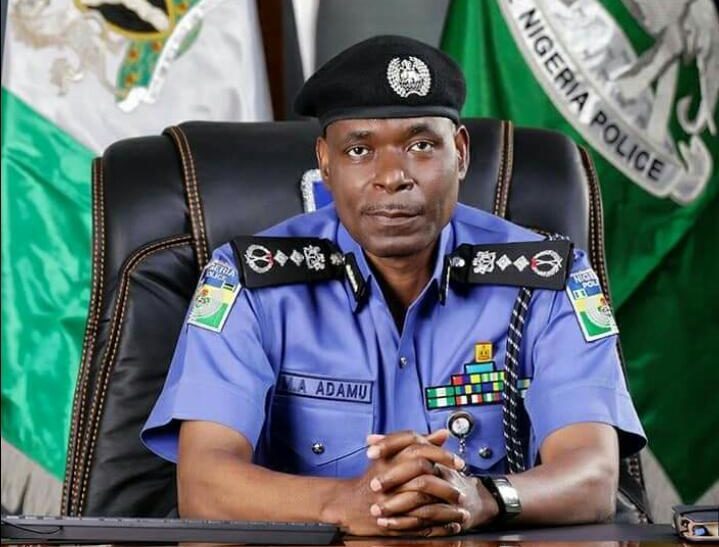
Many unresolved high-profile murders point to Nigeria as a failed state among other indices, according to its worried citizens. Worsening insecurity, political crises and economic dislocation have been dogging the country, taking it to the precipice. Decades after, many of the killings remain unravelled, especially in the South West region.
In fact, ahead of the 2023 general elections, Daily Times findings are that the region could become a hotspot for high-profile and murders. The region, consisting of Lagos, Osun, Ondo, Ogun, Oyo and Ekiti States had in the past played the ignoble host to some of Nigeria’s most brazen high-profile and unresolved killings.
Pa Alfred Rewane, a prominent businessman and chieftain of National Democratic Coalition (NADECO) was murdered in his Ikoyi, Lagos residence on October 6, 1995. On December 23, 2001, Chief Bola Ige, the then Attorney General of the Federation and Minister of Justice under the President Olusegun Obasanjo administration, was murdered in Bodija, Ibadan, Oyo State. Still in the Lagos, Dele Giwa, the then Editor-in-Chief of Newswatch magazine, was killed on October 19, 1986 when a mail he received exploded. There was also the daylight assassination of Kudirat Abiola, wife of the late winner of the June 12 presidential election, Moshood Abiola. In 2006, Funsho Williams, a governorship aspirant of the Peoples Democratic Party (PDP) in Lagos State, and Ayo Daramola, were murdered. Daramola was also a governorship aspirant in Ekiti State.
A thread that runs through all the killings, however, is that they have remained unresolved and the killers not brought to justice, a worrying indication that the nation’s security apparatus might need an urgent rejig as the countdown to the 2023 polls begins. Some researches have listed many cases of unresolved political assassinations between 1986 and 2005. For example, P.E. Igbinovia’s ‘The Criminal In All Of Us: Whose Ox Have We Not Taken,’ University of Benin Inaugural Lecture Series 71, p.143, presented 51 unresolved killings across the country believed to be political assassinations.
READ ALSO: We’ve done more for Nigeria’s security than past administration- Buhari
The South West led with 51 cases, while states in other geo-political zones shared 29. Lagos emerged had 22 of the 29 cases in the South West with the following murders: Dele Giwa, Babatunde Elegbede, Lekan Owolabi, Captain Tunde Ashafa, Mr. Alfred Rewane, David Izegwere, Kayode Awosanya, Tajudeen Abiola (Mrs.), Alhaji Sama Kano, Admiral Olu Omotehinwa, Irene Obodo (Mrs.), Alhaja Kudirat Abiola, Chief Adejola Balogun and Esther A. Tejuoso (Mrs.). Others were: Toyin Onagoruwa, Engr. Adesoji A. Dina, Kola Tokunbo, Patrick Okoye, Nicholas Okhuakhua, Mohammed Shuaibu, Chief Layi Balogun and Ifeanyi Igbokwe.
Oyo State came second in the South West with 5 killings: Alhaja Suliat Adedeji, Chief Bola Ige, Emily Omope, Ajibola Olanipekun and Lateef Olaniyan. The nation was stunned on December 18, 2018 when a retired Chief of Defence Staff, Air Chief Marshal Alex Badeh, was gunned down as he returned from his farm along Abuja-Keffi Road. Badeh, who had been facing a N3.9 billion corruption charge before the Federal High Court Abuja was about to open his defence in the week he was killed. But a former police spokesman, Emmanuel Ojukwu (rtd), told the Daily Times that the force is constrained by several challenges including its control structure, thus hampering effective investigations.
He noted that with the Nigerian constitution giving the President absolute powers to hire and fire the Inspector of Police (IGP), the top cop remains 100 per cent under the control of the presidency. Ojukwu stressed that under this circumstance, it is impossible for the police to unravel politically-motivated assassinations. He added that without a constitutional amendment that would make the police independent, they would continue to operate within the benevolence of political leadership. Given the circumstances surrounding some murders during the military regimes and the Obasanjo administration, there are indications that they had political undertones, Pious Ofulue, an Abuja-based legal practitioner, told Daily Times.
According to him, there couldn’t have been any other justification to the murders of Rewane, Ige, Williams, Giwa, Dipo Dina, Charles Nsiegbe, Daramola, Igwe Barnabas, Ogoni Four, and Kudirat Abiola. He said it was instructive that there were fewer high-profile murders under President Goodluck Jonathan’s administration because of the latter’s view that no one needed to die because of his political ambition. But he noted that while it appears that there are also fewer such murders in President Muhammadu Buhari’s administration, mass killings of villagers in Southern Kaduna and Plateau State have become common for the same political motive. Asked why the police have been unable to solve assassinations, Ofolue blamed the organisation’s structure, wrong investigative approach and unfriendly or suspicious attitudes by members of the public who often do not provide useful information.
On why high-profile murders may remain unresolved, Director of the Rule of Law and Accountability Advocacy Centre, Okechukwu Nwanguma, explained: “The problem with resolving these killings lie with the fact that most of the cases are politically motivated or laced with politics. There are often high level political interests and undercurrents. “Now, if you also remember that the Nigeria Police and other security agencies expected to investigate are also under the political control and influence of powerful political forces who may be involved or interested in these cases, your guess as to why the police are unable to resolve such cases is as good as mine.
“Therefore, insulating the police from political control is a key prerequisite to ensuring that police are effective in professionally discharging their constitutional responsibilities including investigating and prosecuting highlevel crimes. Political control and partisanship are major obstacles to police professionalism and effectiveness.” Nwanguma recalled the 2012 assassination of Olaitan Oyerinde, an aide to former Edo State Governor Adams Oshiomhole. “The Police and DSS conducted parallel investigations on the same cases, paraded different suspects, and arrived at contradictory findings that ensured that the truth was never uncovered and justice denied. How do you explain that? There were also some politics around that case. “That’s why in the Police Bill to repeal the colonial Police Act and reenact a new police Act, civil society proposed an appointment procedure that is transparent, competitive and merit-driven, and not just at the pleasure of the president.
The IGP should enjoy security of tenure and operational autonomy and be accountable, not solely to the president but also to the law and to the people through their elected representatives.” President Interest Lawyers League (PILL), Abdul Mahmud, said that given the setup of the country’s law and order structure, “it is incapable of resolving the cold files of murders. These deaths were largely politically motivated and because of the high interests implicated in the deaths, it becomes impossible to resolve them, even using circumstantial evidence as the basis of the resolution.” Mahmud asked “a fundamental question,” saying: “is it the police whose operations are directed by power that will resolve it? Is it the inefficient police force without forensic and homicide laboratories that will resuscitate cold files?
The Nigerian police will turn up at the scene of a crime, gun blazing, only to contaminate the scene. “DNA science has advanced, but we have a police force that is still stuck with torches, searching for the footprints of burglars. If we don’t take steps to modernise the nation-state, our policing would remain stuck in the 19th century.” Speaking at the weekend, Buhari had described the security situation in the country, particularly in the North West and the North Central as “very disturbing.” He said that while much had been achieved, security wise, from the situation he inherited in 2015, more still needed to be done. “Nigerians know that we have done our best,” he said. Also, responding to a specific question on the performance of the service chiefs which recently, he said needed to get better, the President remarked that the military, the police and other security agencies were working hard. According to him: “We are making available resources to them to even do better.
From the reports I am getting, they could do much better… they could do much better. But we are keeping them on the alert all the time to do their duties.” But not everyone appeared satisfied with the President’s explanations especially after trillions of naira had been appropriated as security votes seven years of the administration. When Buhari assumed office in 2015, the budget for security was N969 billion. Thereafter, it climbed up to the trillion naira club. The allocations are: N1.06tn (2016), N1.14tn (2017), N1.35tn (2018), N1.76tn (2019), and N1.78tn (2020). The budget for security takes about 16.8 per cent of the total 2020 budget of N10.8tn. The Army and the Police take the largest chunk of this allocation. “There is definitely sabotage. That is why they have refused to let the service chiefs go, because they have a hidden agenda. I don’t know if they are waiting for the whole country to be killed before they know they should look for another set of people to take charge,” said Chief Willy Ezugwu, General Secretary, Conference of Nigerian Political Parties (CNPP). He said it is a “well known fact that the service chiefs are not doing what they are supposed to be doing, and if they don’t have a reason why they are doing that, I do not see any reason why they cannot resign.
They claim they are protecting us but we know they are not protecting us. Unfortunately, with the level of insincerity, I do not see the insecurity ending soon.” Similarly, Executive Director, Socio-Economic Rights & Accountability Project (SERAP), Mr. Adetokunbo Mumuni, said if Buhari is serious about tackling insecurity, the first thing he must do is “allow the service chiefs, all of them, to go and appoint alternative persons that have good understanding of the security architecture of the country and allow them to take on this battle from here.” A former Edo State governor and two-term senator, Prof. Oserheimen Osunbor, said Buhari needs to take actions that would restore public confidence in the nation’s security organisations. When contacted, the Director, Defence Media Operation (DMO), Major General John Enenche, declined to speak. He nevertheless stated that the country’s defence structure would continue to do its best at all times.
By Patrick Okohue (Lagos), Andrew Orolua (Abuja), Philip Clement (Abuja), Chioma Joseph (Lagos), Joy Obakeye (Abuja), Benjamin Omoike (Lagos), and Gbenga Olarinoye (Oshogbo)




